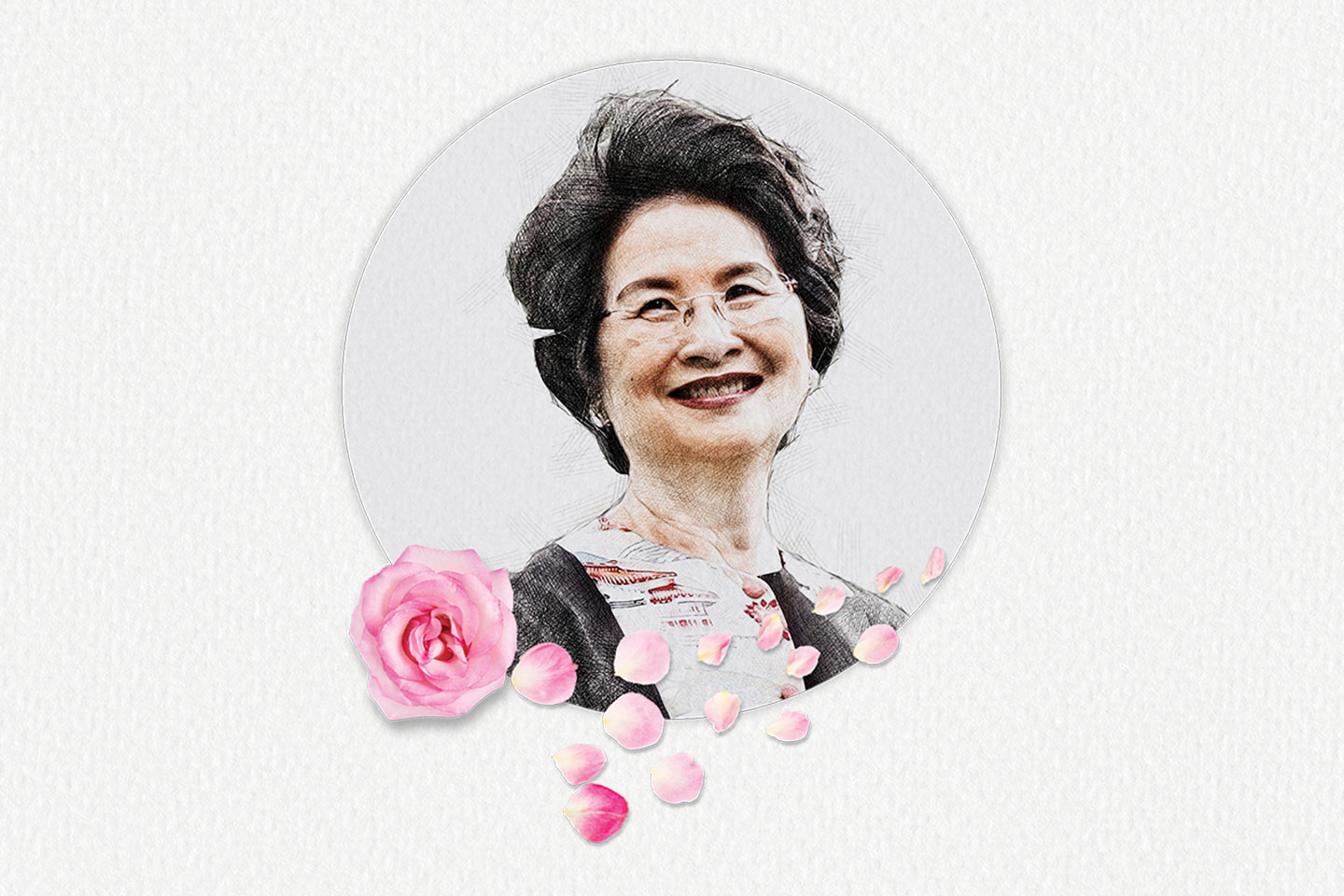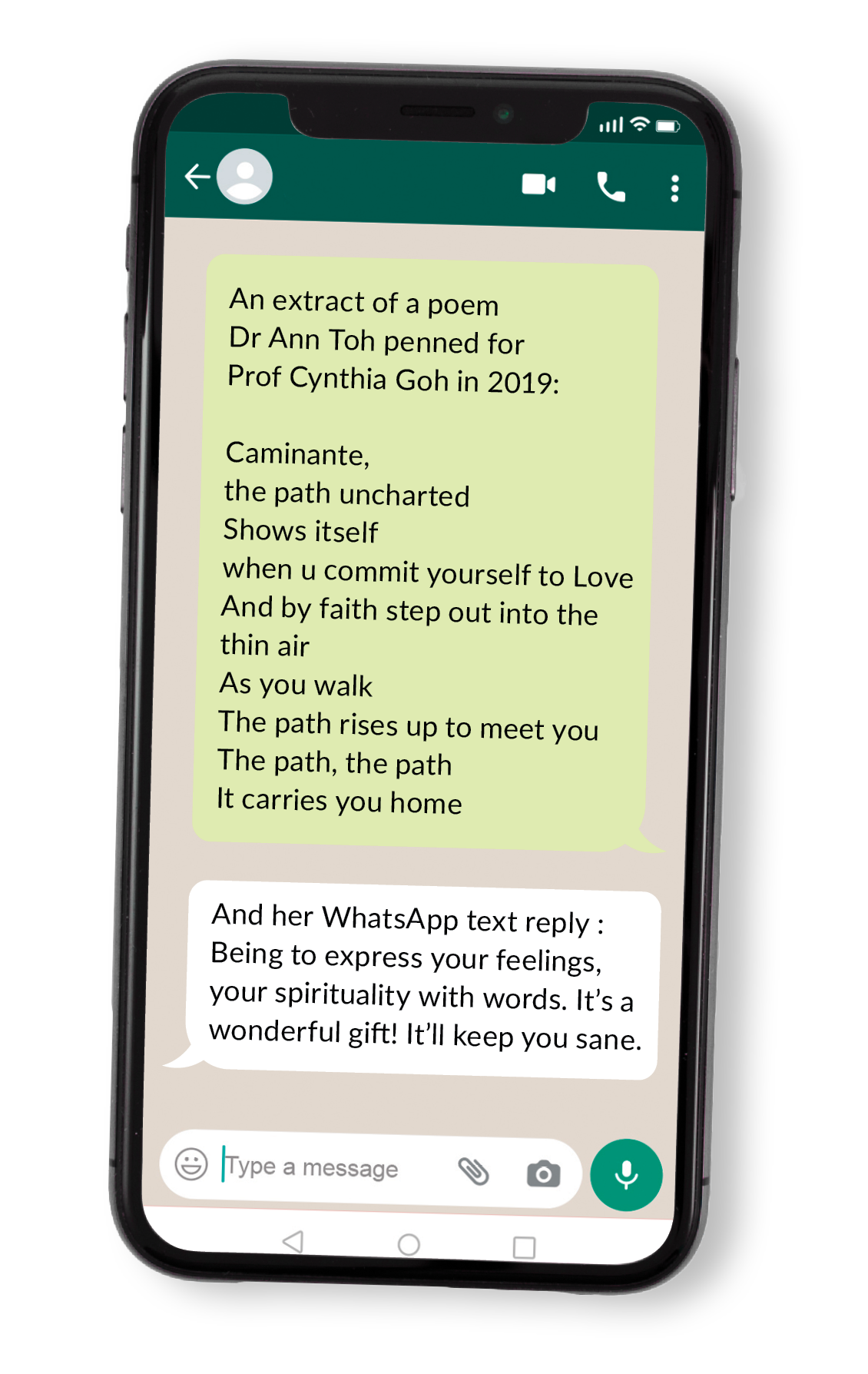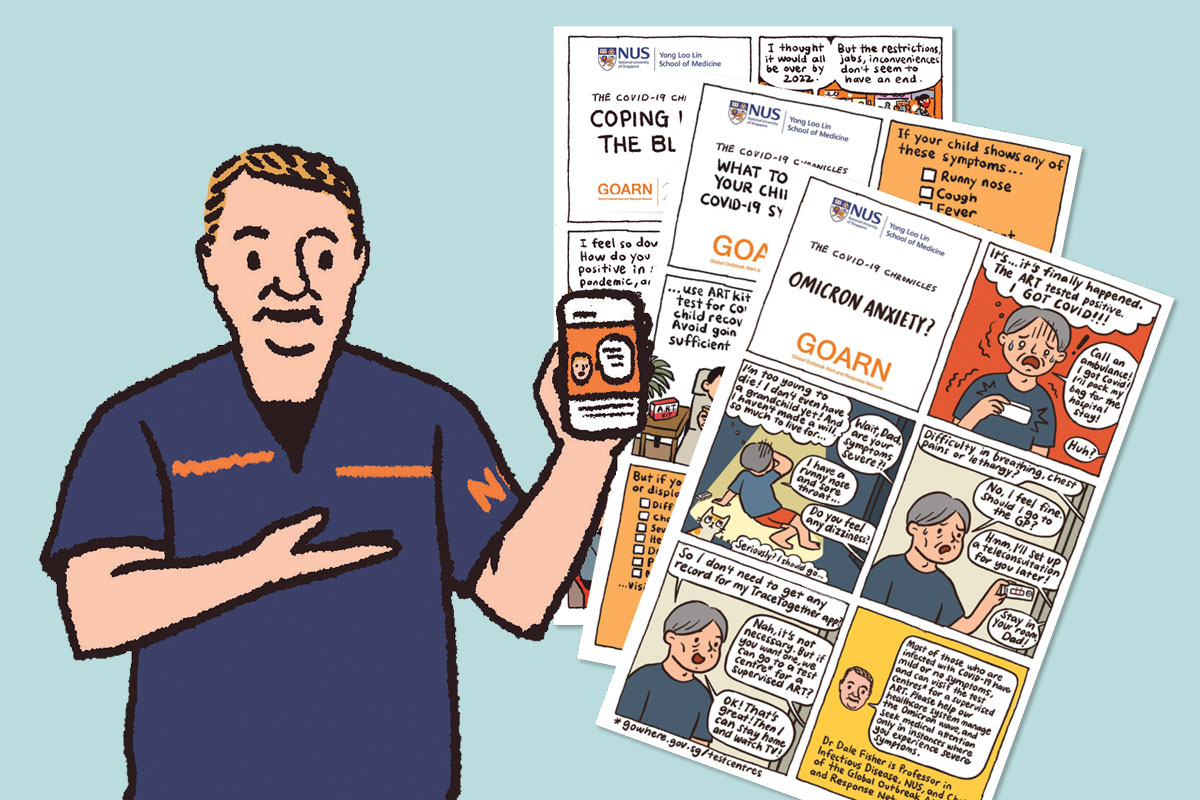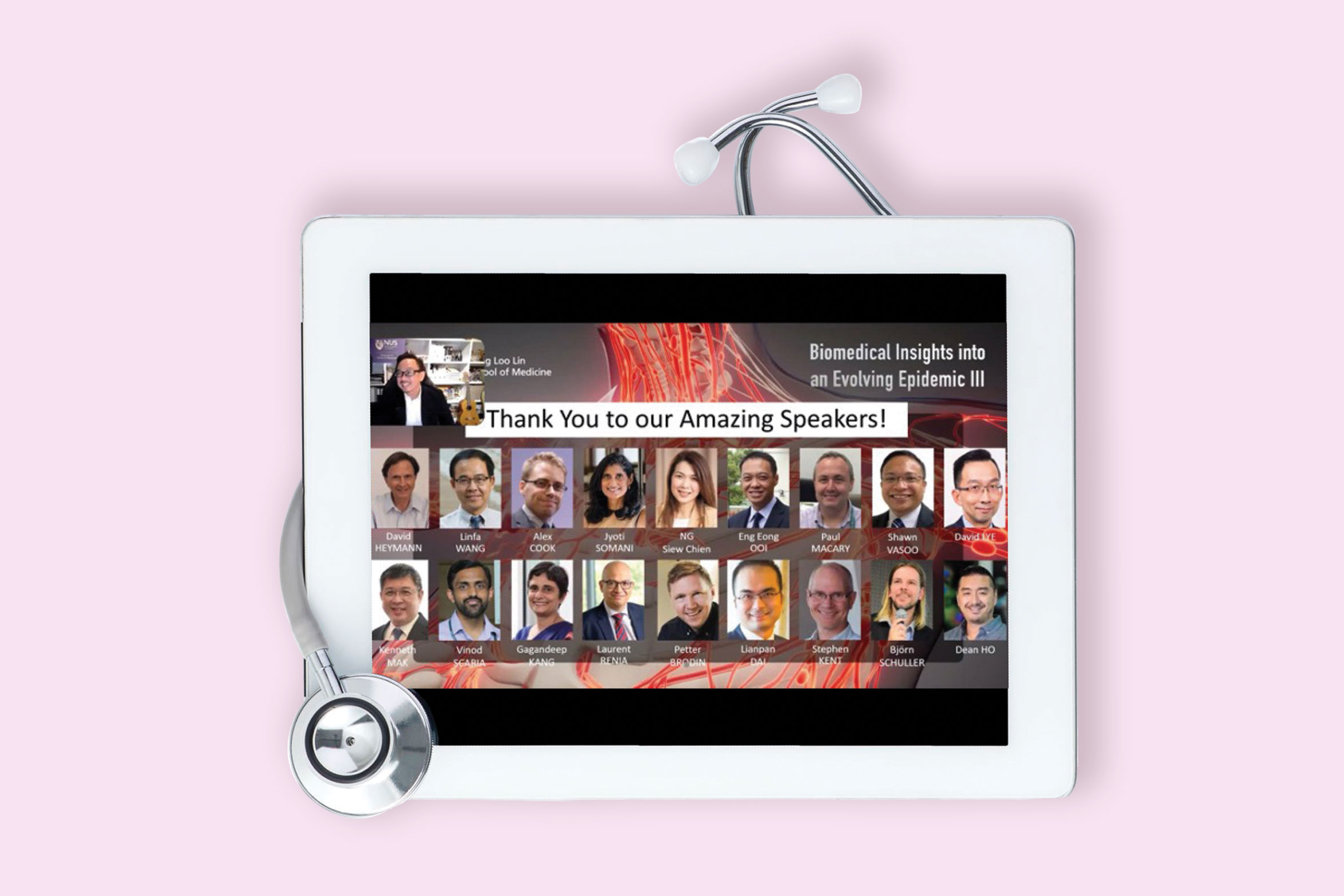
Issue 42 / May 2022
Insights
Remembering Prof Cynthia Goh

We were seated in a Chinese restaurant in the quiet of a weekday—chairs positioned the way she liked it—conducive to our chat. “This dish is one of my favourites, it is considered street food in Hong Kong and very cheap, and I had it frequently growing up.”
still hear her voice as though it was yesterday and the stories she had told which I have kept as food for my heart.
“Shall we write a book, Prof Goh, just for fun? To capture your stories? I want to remember them” she chuckled and said, “Yes, yes, before my memory fails me and before dementia takes over.”
I still remembered the simple lessons spoken and unspoken. We had a Saturday round in SGH which ended with ‘tea’ at the kopitiam at 5pm, when I asked her, “Prof, the patient load is so heavy. We are running ward to ward, block to block; the patient list is so long, how do I show compassion and help my patients know that I see their suffering and I care?” She looked me in the eye and said, “Ann, to give another person 100% of yourself for just 10 minutes is a precious gift, not many people have felt a 100% attention from another just for them. Can you do that Ann? Put everything aside when you see the patient and give 100% of yourself for that time when you are seeing them.”
We often spoke about the soul of palliative care and I enquired about the magic of human touch that some practitioners like her embodied, that could soothe even those with the most severe total pain. I wanted to know the secret sauce as I wanted some of that magic of compassion to rub off from me too. There was no 10-step formula, but the “being with” and chats we had, the stories she told me over food and drinks at her favourite high tea places were like precious jewels I keep stored in the inner chambers of my heart and take out and ruminate over again and again and again, when I ponder what it means to be a wounded healer.
“She taught me that doctoring in hospice care is love in action and it is an absolute ‘no-no’ to leave a patient who is still suffering. She taught me that I must never turn away nor walk away from my patients’ pain and that love in action requires strength, commitment, determination and sacrifice.”
She taught me that no act of kindness is too small, and a $2.50 box of sushi for a dying patient who misses its taste carries value far beyond 2.5 million bucks. She taught me that there is always something you can do to somehow make things better if you really care and think hard enough. She shared that home hospice had a special place in her heart because there the patient is the host (and the “boss”).
In our chats, she spoke in perfect, crisp British English, her beautiful voice and tone so elegant; and I spoke like an “aunty” with my rapid-fire Singlish. But as mentor to mentee, she accepted me for all my antics, my eccentricities, and even the unusual paths I choose to walk, and saw me for me.
In our chats, we spoke of the struggles of the local home hospice sector and the nurses who had bravely jumped in even when no one knew what palliative care was, and who have sacrificed so much to grow this field. We spoke of the social workers and pastoral care staff who tenderly met the psycho-emotional and spiritual needs of our patients—so often after office hours. I asked her, how will charity services sustain itself and be sustainable and while I fretted over the well-being of frontline hospice staff and teams, about financial resources to sustain the work and about operationalising dreams of increasing the regional reach to serve the suffering. Her response was always, “Ann, this is not our work, this is God’s work and we don’t have to worry, we just show up and say yes.”
So for the first time in my life, I allowed myself to grieve openly, cry and emote through the five stages of grief Elizabeth Kubler-Ross popularly outlined, because she taught me that to grow in compassion, we need to soften in the face of difficulty, pain and suffering, and not allow life to harden our hearts.
When I wept bitterly attending her funeral online, and I said out loud, “Prof Goh, it is too soon, I haven’t finished learning, and I am not ready”, I heard her saying to me in my heart, “Be brave Ann, give yourself to love and stay true, the path will open up and hospice work has a life of its own and will flourish. Stay true.”
I miss Prof Goh so very much, and I wished we had continued that book project that we had discussed to capture her stories which embodied the soul of palliative care, and her courageous love which opened the path we now walk. I pray that I remember each moment, each word and each story she told me, and as I mourn, I renew my commitment to doctoring with the approach of being love in action.

Dr Ann Toh works as a physician in the home care setting, delivering family-centred care to children with life-threatening and life-limiting illnesses in the community, under StarPALS at HCA Hospice Care. She also serves as a volunteer physician and advocates for vulnerable groups in the community and is passionate about nurturing students to become the next generation of doctors.




